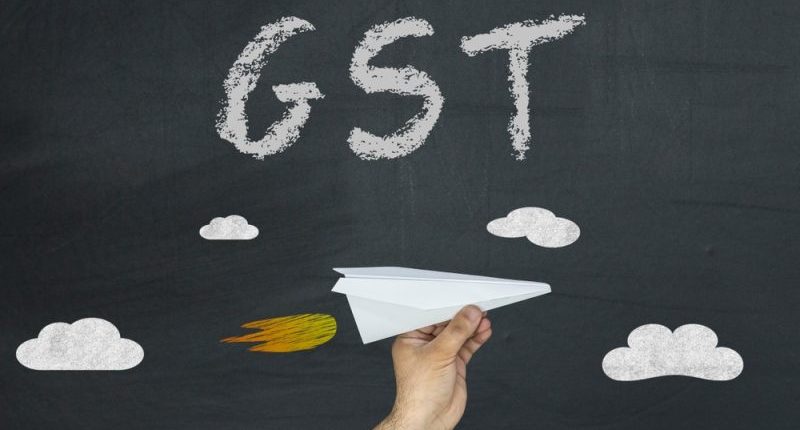The Central Board of Indirect Taxes and Customs (CBIC) tweeted yesterday saying that the next GST Council meeting will discuss waiver of the late fee applicable on the non-filing of GSTR-3B. There is a high demand for the waiver of GSTR-3B late fee since its inception, i.e., from August 2017.
The tweet also mentioned the extension of due dates for February, March, April and May 2020 till June 2020, and no late fee will be charged for this period.
The CBIC states that the late fee is imposed to ensure the taxpayers file returns and pay taxes on time. This is to ensure that a specific discipline is maintained regarding compliance. The honest taxpayers who were regular in complying with the law would be discriminated negatively on the absence of such provision.
CBIC also mentioned that the Central and State Governments take all the decisions related to GST with the approval of the GST Council. It is to be noted that the Central Government cannot make a unilateral decision, and it assures the taxpayers that the waiver of late fee will be discussed in the next council meeting.
Also Read: GSTR-6 functionality upgraded to allow reporting of negative figures
Previously, the 38th GST Council meeting approved a scheme for GSTR-1 non-filers since the inception. This amnesty scheme provides a waiver of the late fee for non-filing the GSTR-1 for the period July 2017 to November 2019.
The response to that amnesty scheme was very positive, and more than double GSTR-1 returns were filed. The average number of monthly GSTR-1 filed were about 25 lakh in the past. But after the announcement of amnesty scheme on December 18, 2019, until January 9, 2029, nearly 54 lakh GSTR-1 returns have been submitted.
The GSTR-1 and GSTR-3B are mandatory returns for the taxpayers irrespective of turnover during a specific tax period. However, the impact of late filing of GSTR-3B will be more when compared to late filing of GSTR-1. It is to be noted that the GST payment is linked to GSTR-3B filing, whereas the filing of GTSR-1 means the submission of outward supplies (sales) during a period. Hence filing GTSR-3B is one of the essential things for GST collections.
Let us wait for a fair discussion in the Council and take a decision which can be accepted by both the governments and taxpayers.
For any clarifications/feedback on the topic, please contact the writer at dvsr.anjaneyulu@cleartax.in
DVSR Anjaneyulu known as AJ, is a Chartered Accountant by profession. Loves to listening to music & spending time with family and friends.





